How to Create Trendy Flash Photos At Your Next Wedding Reception
Nostalgia is back in style! Those incredibly stark flash photos, popular in the 1990s, are trending, so let’s give you the steps you need to create dramatic, direct flash photos of your own. It’s simple and the opposite style of how I usually teach, so this blog post is especially fun for me to write!
I’ll be honest; if you had chatted with me 5 years ago, I would have cringed at the idea of taking wedding photos with only direct flash. It’s the complete opposite of my style! But after having multiple brides specifically request reception photos with the direct flash look, I’ve added it into my workflow and now photograph a portion of the night in the trendy style when requested.
Even though it’s not my ideal style and not covered in my Reception Flash Course, that doesn’t mean I can’t give you all the tips and tricks for successfully photographing wedding images in the bright, direct flash look!
3 Steps to Direct Flash Images
Step 1 — Low Camera Settings
To create the most dramatic direct-flash images, you want the background in your images to be darker so your client looks brighter by comparison. To achieve that, you’ll need to lower all your camera settings so they’re letting in as little light as possible.
Start with your shutter speed at 1/200 (my favorite shutter speed for sharp flash photos), your ISO at 100, and your aperture as narrow as needed. If you’re photographing in a white venue with lots of available light, your aperture might be f/8. If you’re photographing the party dancing at a wedding reception and all the lights are turned off, your aperture may be closer to f/2. The less light you let into your camera, the more stark your flash will look in comparison!
Step 2 — High Flash Power
Now that your camera settings are letting as little light as possible into your images, it’s time to add flash! Contrary to what I usually teach, for trendy flash photos, you want your flash power to be as high as possible. Be prepared to put fresh batteries in your flash frequently because higher flash power runs through batteries more quickly!
On your on-camera flash, increase your power levels to ½ or ¼ and see how it looks. You can always adjust the power up or down based on how much available light there is and how close you are to your client. If they’re close to you, your flash power can be 1/16. If they’re further away, you’ll need a higher flash power, like ½, in order for the light to reach them. Be careful not to have your flash too bright, or else you’ll overexpose your clients.
Step 3 — Use a MagSphere
Steps 1 and 2 are all you need to create stark, contrasty, direct-flash wedding images. When you decide you want the quality of light to be just a bit more flattering, especially on oily or sweaty skin, then it’s time to add a modifier to your on-camera flash!
I especially love the MagSphere modifier for my on-camera flash because it spreads the light, which makes the light on your client’s face not quite as bright and intense. You will lose a little bit of power though, so feel free to crank your flash power just a bit higher to make up for the modifier!
The photo on the left is taken with direct flash, and the photo on the right has a MagSphere added to the direct flash. It lowers the power of the light, but it also softens the shadows and makes the light not quite as intense.
Bonus Step 4 — Slow Your Shutter Speed for Extra Drama
When you’re on your fourth hour of party dancing and want to add some creative flair to your reception images, play around with your shutter speed to create some motion blur and fun effects. Lower your shutter speed anywhere from ⅕ to 1/30 and try moving your camera as you photograph for even more motion blur. This look will give you the nostalgic 90’s vibe for sure!
When you capture your next reception in the trendy, direct flash style, make sure you keep your (1) camera settings low, (2) your flash power high, (3) use a modifier, and (4) play around with your shutter speed for extra effects. I’ll admit, it’s fun to get out of my usual light and bright photography style every once in a while and photograph my couples in a dark, contrasty way. Try it at your next reception and see if you like it!

























